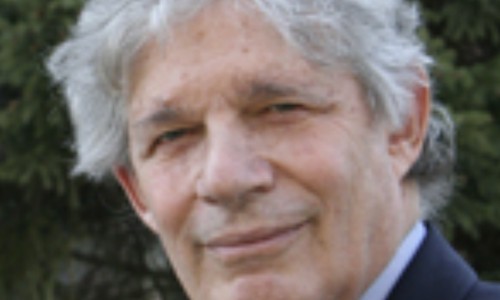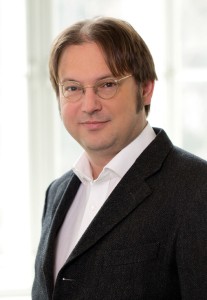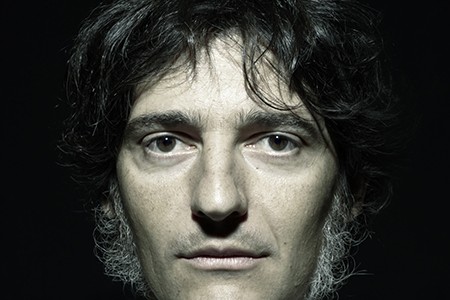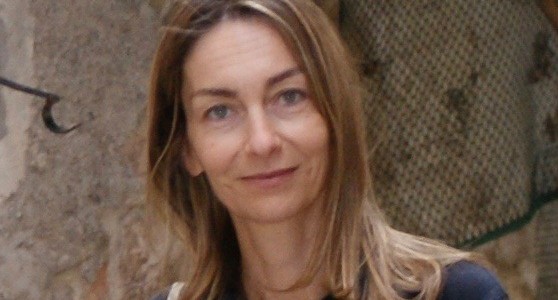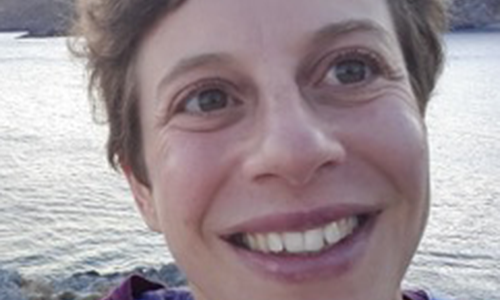Originally a medical doctor, Kauffman is an emeritus professor of biochemistry at the University of Pennsylvania, and a seminal member and an external professor of the Santa Fe Institute. Also a MacArthur Fellow and a Trotter Prize winner, Kauffman has published three major books, among them is At Home in the Universe: The Search for the Laws of Self- Organization and Complexity(1995), which the Oxford University Press says “weaves together the excitement of intellectual discovery and a fertile mix of insights to give the general reader a fascinating look at this new science − and at the forces for order that lie at the edge of chaos.” The FidiPro program brings Kauffman to Tampere University of Technology. The subject of the program is stochastic modeling of gene regulatory networks. The project will focus on modeling the gene regulatory networks using gene expression data. The expertise of the Institute for Biocomplexity and Informatics and the modeling experience of the CSB-group led by professor Olli Yli-Harja support each other very well. The results are expected to help in understanding the mechanisms of diseases so that diseases could be identified in an early phase. They are also to be used in predicting the individual effects of different medicines therefore helping to select the best possible treatment for each patient. Stuart Kauffman is also the director of the Institute for Biocomplexity and Informatics (IBI). He is the pioneer and the founding father of biocomplexity research. Kauffman was able to look at gene regulatory networks from a new and different point of view, and it was this ground-breaking perspective that has ever since attracted new researchers and scientists worldwide. Kauffman himself got interested in gene regulatory networks at San Francisco medical school in 1964 when he wanted to unravel the mysteries of cell differentiation. Quickly noticing the possibilities of his revolutionary ideas, he started working on biocomplexity and was eventually able to show that the behaviour of genetic networks depends critically on the level at which the genes are connected.
speaker
Stefan Thurner
Stefan Thurner is a theoretical physicist and economist by training and pursues
research in the area of complex systems ranging from statistical mechanics of
complex systems to regulation of financial markets and analysis of big social
and medical data. He is professor for science of Complex Systems at the Medical
University Vienna, external professor at the Santa Fe Institute, and a senior
researcher at IIASA.
Josep Perelló
Associate Professor at the Department of Fundamental Physics at the UB. Member of the steering committe of Complexitat.cat. Currently, secretary of the dean of the Faculty of Physics. I have been studying the financial markets from complex systems perspective. Both theoretically and empirically, I work in the statistical analysis of market data and its modeling through stochastic differential equations or random walks. Recently, I also have focused on analyzing human behavior of non-expert investors, modeling cooperation in humans and human mobility. In 2013 I conceive OpenSystems-UB, a research group that run scientific research based on citizen participation and artistic practices. I work with Barcelona Lab, a project promoted by the Institute of Culture of Barcelona City Council, cementing citizen science in the city and creating the Citizen Science Office. I am participating in citizen science experiments on human mobility (Bee-Path, Festival de Ciència, Tecnologia i Innovació 2012 and 2013), human behaviour and decision taking (Board Games Festival DAU Barcelona 2012 and 2013) and the development of a community of urban beekeeping (Urban Bees 2012 and 2013). I have been responsible for Science Area at Arts Santa Mònica in Barcelona on behalf of the UB (2009-2012) . The results include seven exhibition projects in the Laboratory space. In 2012, the Laboratory of Arts Santa Monica was awarded the Antoni Caparros being the best knowledge transfer project of UB. I have curated the art-science and citizen science sections of the Festival de Ciència, Tecnologia i Innovació 2014. I also coordinate Sistemes Oberts, a teacher training program in Arts and Science in collaboration with MACBA (2012-2014).
Raffaella Burioni
Raffaella Burioni is Associate Professor of Theoretical Physics of Matter
at the Physics Department of the University of Parma. Her main research
interests are in Equilibrium and Non Equilibrium Statistical Physics, in
Networks Theory and their interdisciplinary applications to Social
Sciences and Biology.
Raffaella Burioni’s Website
Francesca Tria
Francesca Tria is a researcher at the Physics Department of Sapienza University of Rome. She got her degree in physics at Sapienza University of Rome and her PhD in physics at the University of Naples Federico II. She spent two years as a post-doc at the ICTP Institute in Trieste before moving at the Institute for Scientific Interchange (ISI) in Turin. Starting from a background in statistical physics and complex systems, she explored different research realms where this expertise could be successfully applied. In particular, her research activity includes complex systems approaches to biologically related problems, such as evolutionary dynamics and phylogeny reconstruction, to social phenomena, such as language evolution, learning and innovation dynamics. She was recently part of the EU project EveryAware, locally coordinating the activities of the group of ISI. She is currently coordinating the ISI team in the KREYON project.
